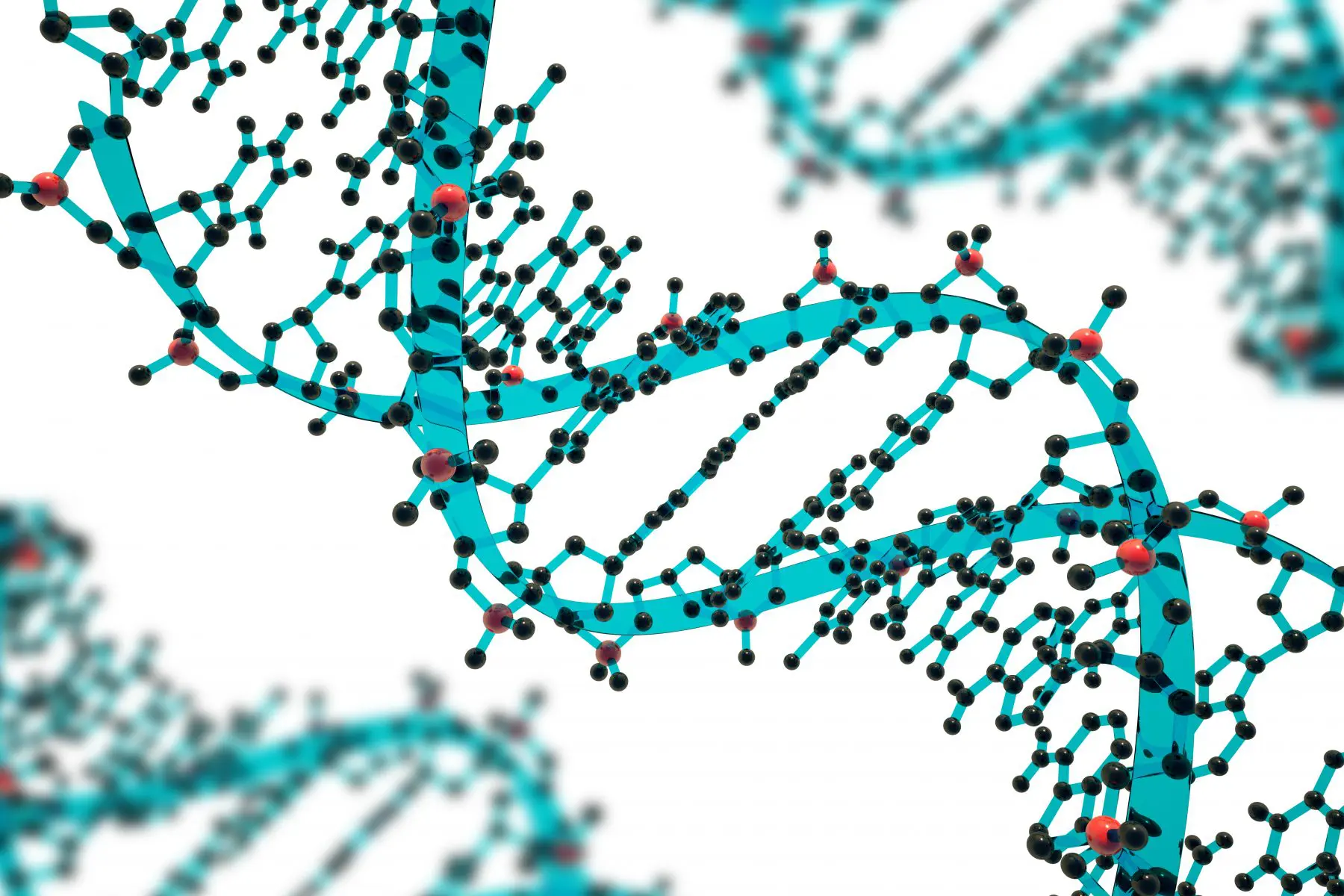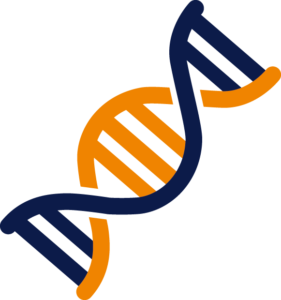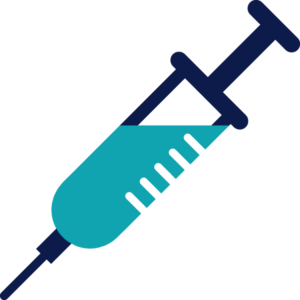The epigenetic journey to prostate cancer
Project Summary
About the Researchers
Professor Rakesh Heer
Principal Investigator
Dr Charlie Massie
Principal Investigator
Epigenetics: nature vs nurture
DNA writes the instructions which make our cells and make you, you. But, it doesn’t tell us the full story.
Epigenetics is the study of how your own behaviours and environment can cause changes that affect the way your genes work, without changing the DNA sequence itself.
Epigenetic changes affect gene expression by switching genes on or off. Environmental factors that can lead to these changes include diet, exposure to pollutants and even sleep. The effect the environment has on your genes can be seen by looking at twins. Identical twins have exactly the same DNA when they are born but as they get older epigenetic differences start to increase. For example, one study found that epigenetic changes may explain why rheumatoid arthritis can affect one identical twin but not the other.

Rakesh and Charlie aim to develop a blood test which can be used to screen for aggressive prostate cancer. Identifying those at risk of aggressive disease will enable doctors to detect those patients who need early treatment and those who may be able to avoid treatment and side effects such as incontinence, erectile dysfunction, and body changes such as the growth of breast tissue.

The link between epigenetics and cancer
Cancer was the first disease to be linked to epigenetics in 1983. Scientists found different patterns of epigenetic changes in colorectal cancer tissue compared to healthy tissue.
Tumour suppressor genes work to stop cells dividing and growing when they shouldn’t. It is now known that at an early stage in cancer, the cancer cells’ tumour suppressor genes are switched off because of epigenetic changes. The cancerous cells are therefore no longer limited and can divide and grow, forming tumours.
Other genes that often have epigenetic changes in cancer are those involved in DNA repair. These changes mean the cell doesn’t repair damage to DNA as well as it should and so mutations can slip through the net. This means there is a higher chance of cancer-causing mutations surviving and accumulating in the DNA.
Due to a new understanding of the evolution of prostate cancer, the researchers believe their project could also lead to predictive testing in men in their 40s to identify those at risk even before they have developed cancer. This would mean they could be monitored closely to detect any cancer at the earliest stage possible.
The research project
Rakesh and Charlie will analyse prostates taken from men who are undergoing prostatectomy to identify the epigenetic changes which happen very early in a cancer’s development and lead to aggressive disease. They will then look to see if these changes match with different clinical outcomes like Gleason score or with known subtypes of prostate cancer. The researchers aim to find out whether the epigenetic changes can be used as markers for aggressive disease. The potential markers will be tested in 120 men to see if they can detect aggressive disease at an early stage. Rakesh and Charlie also hope to identify new treatments for prostate cancer and they will grow a ‘prostate-in-a-dish’ to test potential drugs.

The researchers hope to identify new treatment approaches whether that be through targeting the epigenetic changes that drive prostate cancer, preventing disease progression or preventative therapies in those found to be at risk of developing cancer.








